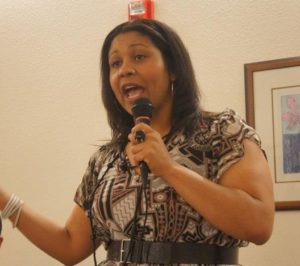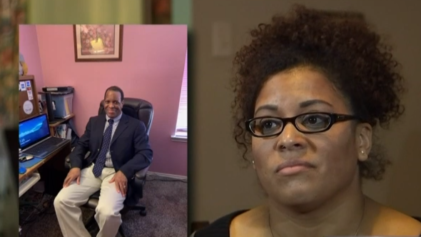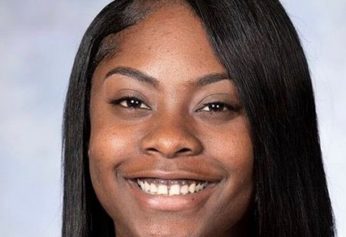
“I think that parents are aware,” she said to a Bay area CBS affiliate. “I think that there is an intuition that exists within a parent, within a family member. You know what is going on in the streets.
“When you’re from the community, you know what’s going on, you know who’s involved in these kinds of things. I think there are a lot more people who know what’s going on, but they choose not to get involved or say anything because they come from a culture of not snitching.”
In a nation where the incarceration of Blacks is now big business, it may be asking a lot for a parent to turn over his/her child to a prison system where many Blacks are serving exorbitant sentences for crimes that do not merit their lengths.
In one sense, Breed, who is Black, is right: In particular communities, not “snitching” is more survival than moral obligation. They know doing so could get them killed.
She made the dramatic request on the heels of the recent shooting and killing of four African-American in a stolen car in a San Francisco area she represents.
“The problem is, our kids are dying,” Breed said. “So either they’re going to sadly kill someone or someone is going to kill them. We don’t want to see this violence continue to happen on our streets.”
Breed said she held a community meeting on Martin Luther King Day, emphasizing the significance of families taking responsibility for the life they live.
“Most important, we have to look inside our homes and determine what is needed and what we can do in order to make our kid’s lives better, and also hold them accountable to do the right thing,” she said.
Breed is not coming from the place of an outsider. She grew up in San Francisco’s public housing and has lived the lives many of her constituents are living. One of her brothers is in prison and her sister died of a drug overdose.
“My grandmother was straight-up,” she said. “It was black and white, right and wrong. You didn’t do the wrong thing, you did the right thing and you treated people right.
“And she never deviated from that. I think we have to get back to some basics in our community and talk to our young people, saying hello to them, asking them how their day is, and getting more actively engaged in what’s going on in their life.”


